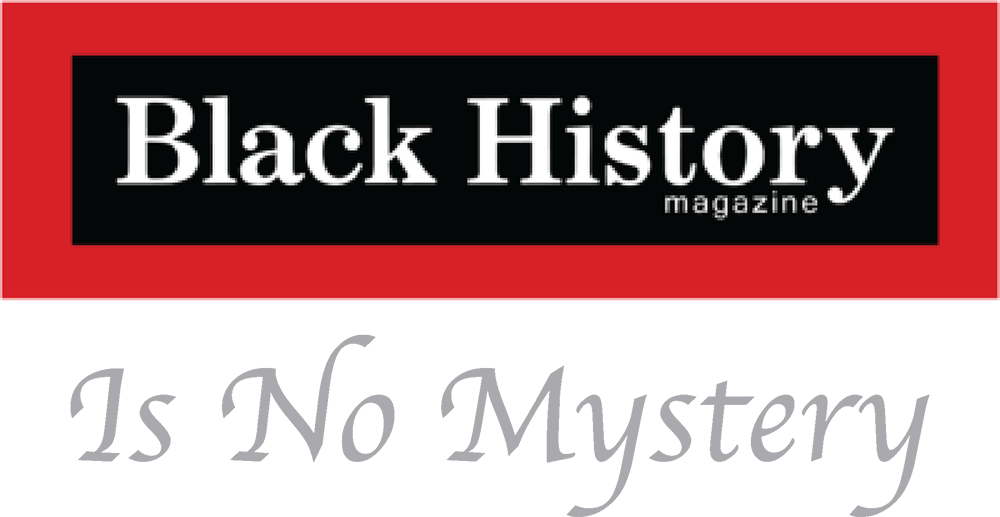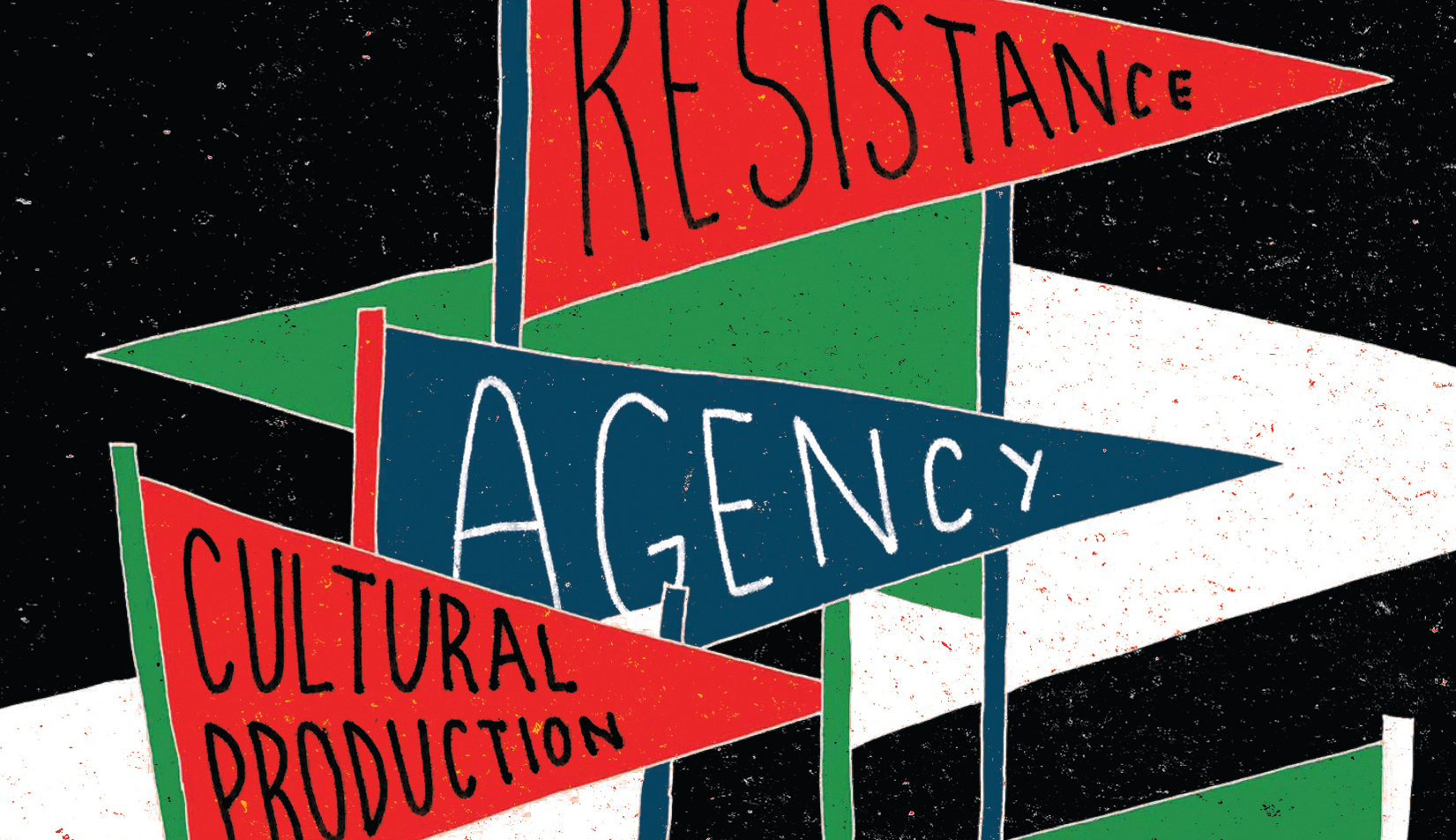The Sullivan Principles: A Singleton Quest Interview
MR. SINGLETON: Good morning, Mr. Sullivan — Dr. Sullivan, I’m from Black History Is No Mystery.
DR. SULLIVAN: Yeah.
MR. SINGLETON: And I know that you are teaching a lot about the history and learning the culture. My first question to you is who is your favorite man and woman in history and what is your greatest lesson learned from history?
DR. SULLIVAN: Well, my favorite man and woman in Black history is Frederick Douglas because I think at the important time Frederick Douglas articulated the needs of Black people out of slavery at a time when they needed a direction and they needed a voice that would be heard not only in America, but in Europe. Now, you know, he spoke before the end of slavery as well as after slavery. So I have a great regard for Frederick Douglas. I also have a great regard for Adam Clayton Powell, who was my personal mentor and who helped shape my philosophy and the way I do things even to these days. And, of course, I have a great regard for my dear friend Martin Luther King. We were friends. We knew each other. And I say, still, he was the greatest mover of justice and civil rights that America has ever seen.
MR. SINGLETON: Tell me about OIC, how that got started, Tasty Cake boycott and how that lead to Coke, A & P and the banks?
DR. SULLIVAN: Well, in the 50’s I looked around and saw that Blacks had nothing but menial jobs in our communities, with a very few exceptions. At that time, incidentally, we took a — we found that 70 percent of our women either worked as domestics or in service jobs. And so we decided that we would put leverage on companies to employ Blacks. We had no laws to make them employ Blacks. Affirmative action was only a word at that time. So we decided we would use the strength of our churches and our pastors. And we would use what I call “selective patronage, economic withdrawal, economic power” because at that time 20 percent of all the purchasers in Philadelphia were Black. And I realized that the margin of profits of most companies was only 2 or 3 percent, at the most. So we chose a company, the first one was Tasty Cake. It was a vulnerable company because we at Tasty Cake more than anybody else, but they didn’t employ our people except in menial jobs. So I went to them and asked them to employ our people and they said they would think about it. And a month later, while they were thinking, we went back to our churches and 400 black preachers, after talking about God, talked about Tasty Cake. And we stopped eating Tasty Cake overnight. A month later Tasty Cake began to employ Black people for the first time. The president called me and said, “Reverend, tell them Colored people to eat Tasty Cake again.”
Then we went — we ended discrimination in the baking industry. Then we went to the soft drink industry where there was not a single Black salesmen driver in Philadelphia of a major bottling company — not one! And so we started with Coca Cola. It didn’t last long because we drink more Coke than anybody else. And within the week, they employed Blacks for the first time. Then we went to Pepsi Cola. Pepsi Cola employed the first vice president corporate in America, as a result of the Philadelphia —
MR. SINGLETON: What was his name
DR. SULLIVAN: Harvey Russell.
MR. SINGLETON: Okay. Thank you.
DR. SULLIVAN: Harvey Russell. He became the first vice president of a major company in America as a result of the Philadelphia campaign. And, incidentally, all of those companies became great supporters of our rights. Tasty Company is one, now a model in Philadelphia for all the companies. Coca Cola., a model. And Pepsi Cola is my strongest friend. They do more to help me than anybody else.
But we went to the banking industry and threatened to withdraw our money out of the banks and all the banks began to employ Blacks and managers and on, and on, and on, until we opened doors for thousands of Blacks. Martin King asked me to come to Atlanta to discuss the program and I discussed it. And there was a young man there in that meeting by the name of Jesse Jackson, just a kid. And there we organized what came to be known as Operation Bread Basket, who is the model on the Philadelphia program and Jesse became the head of it with Bread Basket.
MR. SINGLETON: How are we going to create ownership that has a conscientiousness towards community? Many times people start businesses and own them, but how are we going to make that come down to the rest of the Black Americans who are —
DR. SULLIVAN: Well, there’s a lot of wealth among Blacks that they don’t even know they have. When you talk about capital formation, it doesn’t occur overnight. You look at great companies and you say, look at these companies. It took Pepsi Cola 33 years to pay a dividend. It took Westinghouse 43 years to pay a dividend.
MR. SINGLETON: Is that right?
DR. SULLIVAN: It takes time for companies to develop and grow. So we must begin to use our resources by collectivism; putting our resource together to build for ourselves and we can build giant enterprises. We’ve already demonstrated it can be done in Philadelphia, by what I call a 1036 Plan, where people invested $10 a month for 36 months. Through the years, 4000 of them, now they own shopping centers, human development centers, housing development.
MR. SINGLETON: Tell me about that shopping center? That is very interesting. You started a shopping center in Philadelphia. I think it was the first Black owned.
DR. SULLIVAN: Yes, well, everybody can see it. It is there on Broad Street. We own no shopping centers in this country. Very few housing developments. No human services center, at all, in this country. So I decided that we would use the resources of the people and ask people to invest $10 a month for 36 months. I asked 600 people to do that and in time, 4,000 people did it. And with that money, we build Prowess?? Plaza in Philadelphia, which is the largest shopping center owned and operated by Blacks in America. And then we built another shopping center in West Philadelphia that is as large as the one on Broad Street, Prowess?? Plaza. Then we built a human services center that is worth $10 million. Then we built housing developments that are worth $10 million. And the thing that happened was these people with their $10 for 36 months accumulated capital so that we could build for ourselves and own for ourselves, with capital formation now in excess of $30 million.
Now, this can be done anywhere, if people have the trust and the stability with a program, to keep that little investment in. It’s not asking people to do a lot. $10 a month is not much. That’s equal to a few packages of cigarettes or a bottle or something like that. Thirty-six months, collectively, with Black people doing that, look, in 10, 20 years they can control main streets of most of the cities in this country. You know, it doesn’t require much money to buy. A million dollars can buy $20 million worth of property if you’ve got the cash because people are cash poor. And if you have $5 million in cash, you can buy main street in any two in America, almost. It doesn’t require much, but you must use what you have as a leverage to build and to acquire and that’s collecting wealth. It’s not talking, it’s collectivizing and doing.
MR. SINGLETON: What is the new boycott line of the 90’s and beyond?
DR. SULLIVAN: Well, it will be more massive. At the Summit I said there are many companies who practice price control on commodities in Africa, the cocoa, the coffee, the bauxite, the minerals, price control, and many of these controls are put on this country without even the leaders of the countries having a say about it. That’s what I call international price fixing. One day, when our constituencies are developed enough, and we find our commodities purchased — good purchased in Africa that appear on our shelves and Blacks do not have a say on what happens to those prices — I’m talking about national and international selective patronage programs.
MR. SINGLETON: Yes.
DR. SULLIVAN: So that kind of thing will perhaps ultimately become the next step of massive boycotts.
MR. SINGLETON: Okay. My last question, because I want to finish this interview, is you said that history and culture and roots are important, why? How do they put bread and butter and meat and potatoes on the table?
DR. SULLIVAN: If a person has self-pride and a desire for self-sufficiency, he’ll get out and work for the meat and potatoes on the table. If a man believes he is not going any place, has no roots, no hope, he’ll shrivel?? in a corner and wait for people to give him crumbs. A proud man won’t settle for crumbs. He will find a way to get out and get some bread and potatoes to put on the table for this family. That’s self-pride and that, sir, is Black Power.
MR. SINGLETON: Thank you very much.

